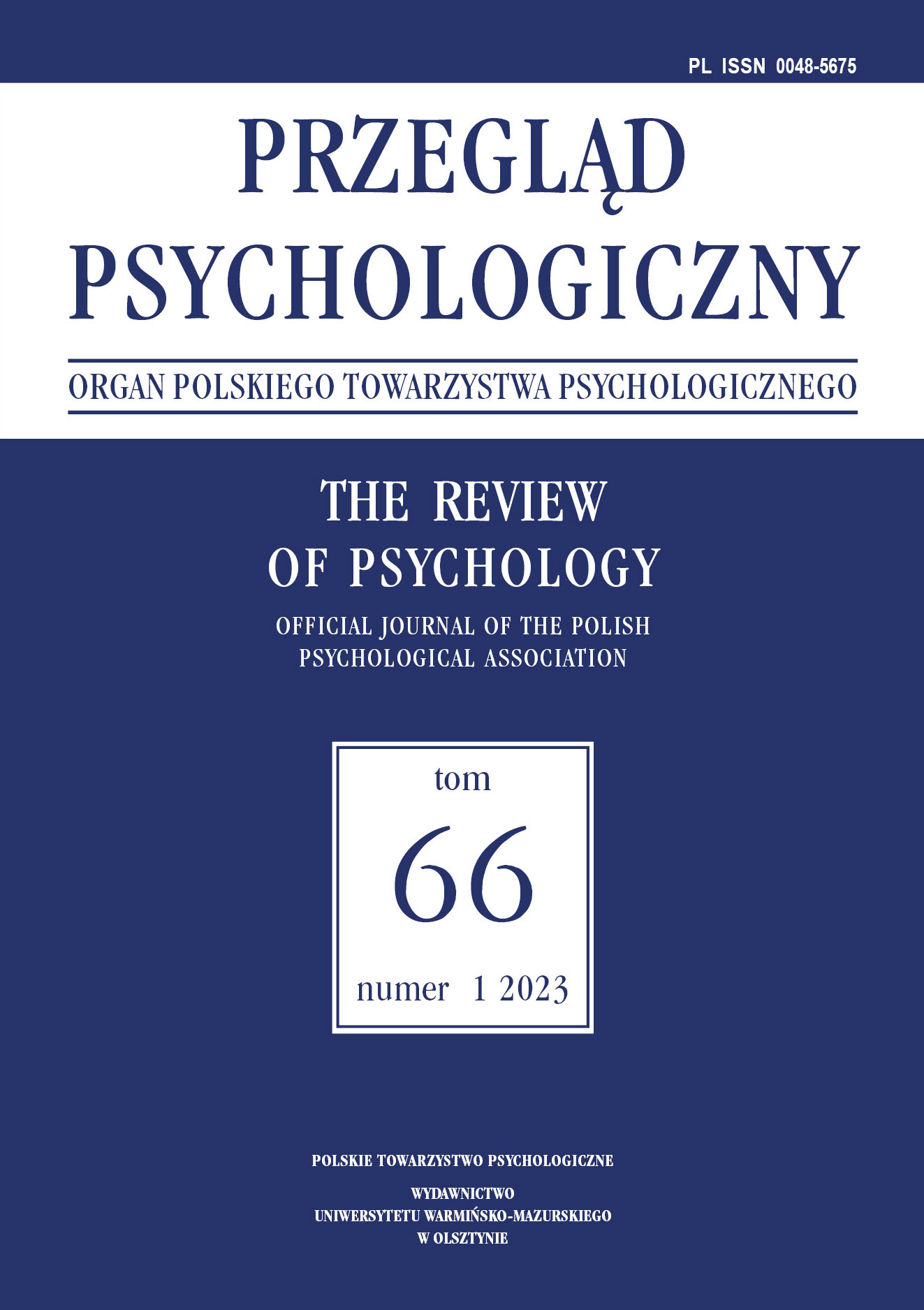A Credibility Crisis in Psychology?
A Credibility Crisis in Psychology?
Author(s): Jerzy Marian BrzezińskiSubject(s): Health and medicine and law, Sociology of the arts, business, education
Published by: Wydawnictwo Uniwersytetu Warmińsko-Mazurskiego w Olsztynie
Keywords: science; intersubjectivity; stability; rationality; credibility; replication; psychological research; statistics; statistical test; confidence interval; p <.05; power of statistical test; effect size;
Summary/Abstract: The interest in the global result obtained by B. Nosek’s team increased significantly, not only among psychologists, after an article presenting the results of a large-scale international replication of psychological empirical research had been published in Science (cf. Open Science Collaboration, 2015). While 97% of the original research yielded statistically significant results (p <. 05), only 36% of the results were significant in the replication. The author of the present article postulates that this result laid the ground for unjustified generalizations about the methodological weaknesses of psychology as an empirical science. Psychology is an empirical science, but it also has its peculiarities due to the specificity of the subject matter and the method (e.g. Orne, 1962, 1973; Rosenthal, 1966/2009; Rosenzweig, 1933). Equally importantly, psychology is not practiced in social or cultural isolation. Finally, psychological research is bound by rigorous ethical standards/constraints, and psychologists (as well as researchers in other fields) who publish the results of empirical research to be analyzed statistically are constrained by the editorial practices of scientific journals. Journals have an interest only in papers that present statistically significant results (where “p < .05”!), which leads to the so-called file-drawer effect (Rosenthal, 1979). As strongly emphasized by the author, the debate cannot be limited to the statistical significance of psychological research (in particular the power of statistical test which has emerged as a popular trend in recent years). In this article, the author discusses (and presents his point of view) the following problems: 1) the methodological specificity of psychology as an empirical science, 2) the triad of statistical significance (the problematic criterion of “p < .05”), effect size, and the power of a statistical test, 3) the socio-cultural context of psychological research, 4) researchers' failure to follow methodological and ethical guidelines, and 5) possible precautions and remedies.
Journal: Przegląd Psychologiczny
- Issue Year: 66/2023
- Issue No: 1
- Page Range: 145-164
- Page Count: 20
- Language: English

